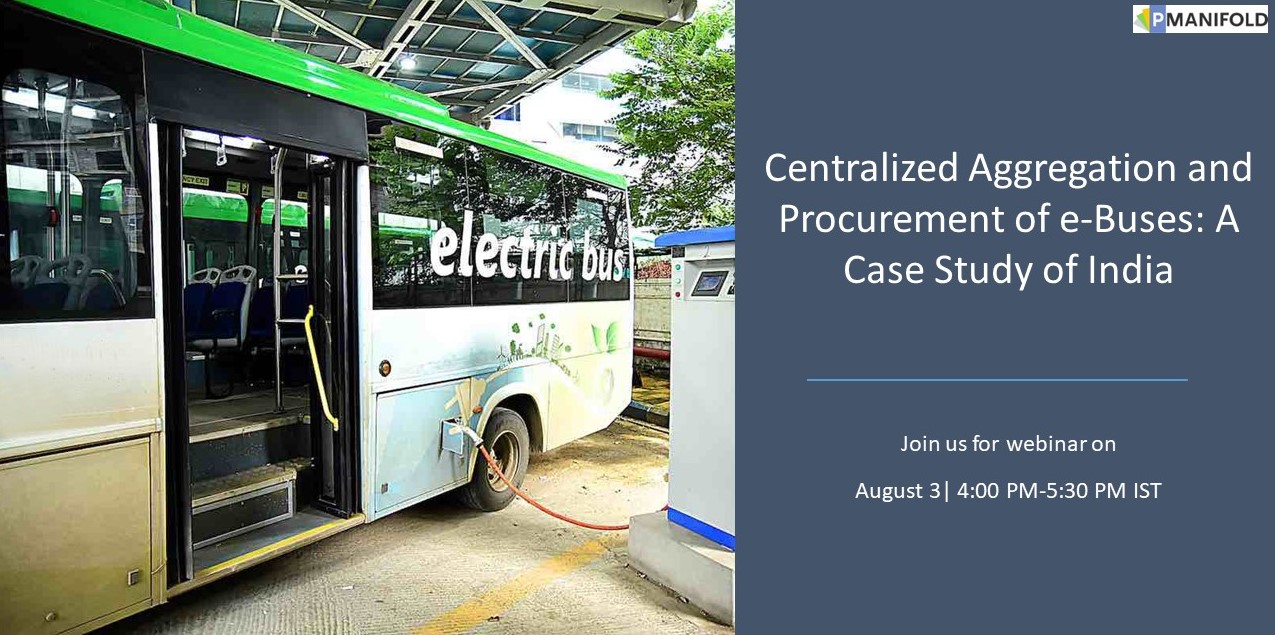
Centralized Aggregation & Procurement of e-Buses: A Case Study of India
To achieve higher adoption and increase affordability of e-Buses, the aggregated procurement can be a good mechanism. The aggregation can be driven through city, state and national transport authorities to bring ease and scale-up the demand. The demand aggregation would help achieving:
1. Economy of scale through mass production/assembly and procurement of buses and lower the e-Bus purchase price
2. Standardization in technical specification of e-Buses, chargers and subsystems
3. Demand aggregation among multiple users such as private and public fleet operators
4. Opening market for global and local tenders to help override the local supply constraint
Over the fast years, India undertook and benefitted from a similar centralized aggregation mechanism. For instance, under the UJALA scheme demand aggregation of LED bulbs brought down the per unit cost from INR. 310 to INR. 50. Similar attempt was recently done by CESL under ‘Grand Challenge’ and has become successful till the tendering stage where CESL is able to find competitive e-Bus prices at much lower rates as compared to ICE counterparts. The price of e-Bus operations has come down from 60 INR/km to 43 INR/km.
Although this is a success so far, it may face challenges in procurement, financing, actual deployment and operations. Hence, it is important to understand from experts the success factors of centralized aggregation and procurement.
This webinar will focus on different aspects of centralized aggregation and procurement mechanisms and how this mechanism can be a good example for other countries. The webinar will include discussions around the following questions:
• Price discovery success case-study of e-Buses centralized procurement in India
• How cities’ needs are captured and translated into standardized technical specs for bulk/centralized bulk procurement to bring economic scale?
• What role of right financing and model contracting to mitigate risk for different stakeholders involved (OEM, City bus operator and others)?
• How to ensure quality deployment and performance through this mechanism?
• What are the learnings for other developing countries?


